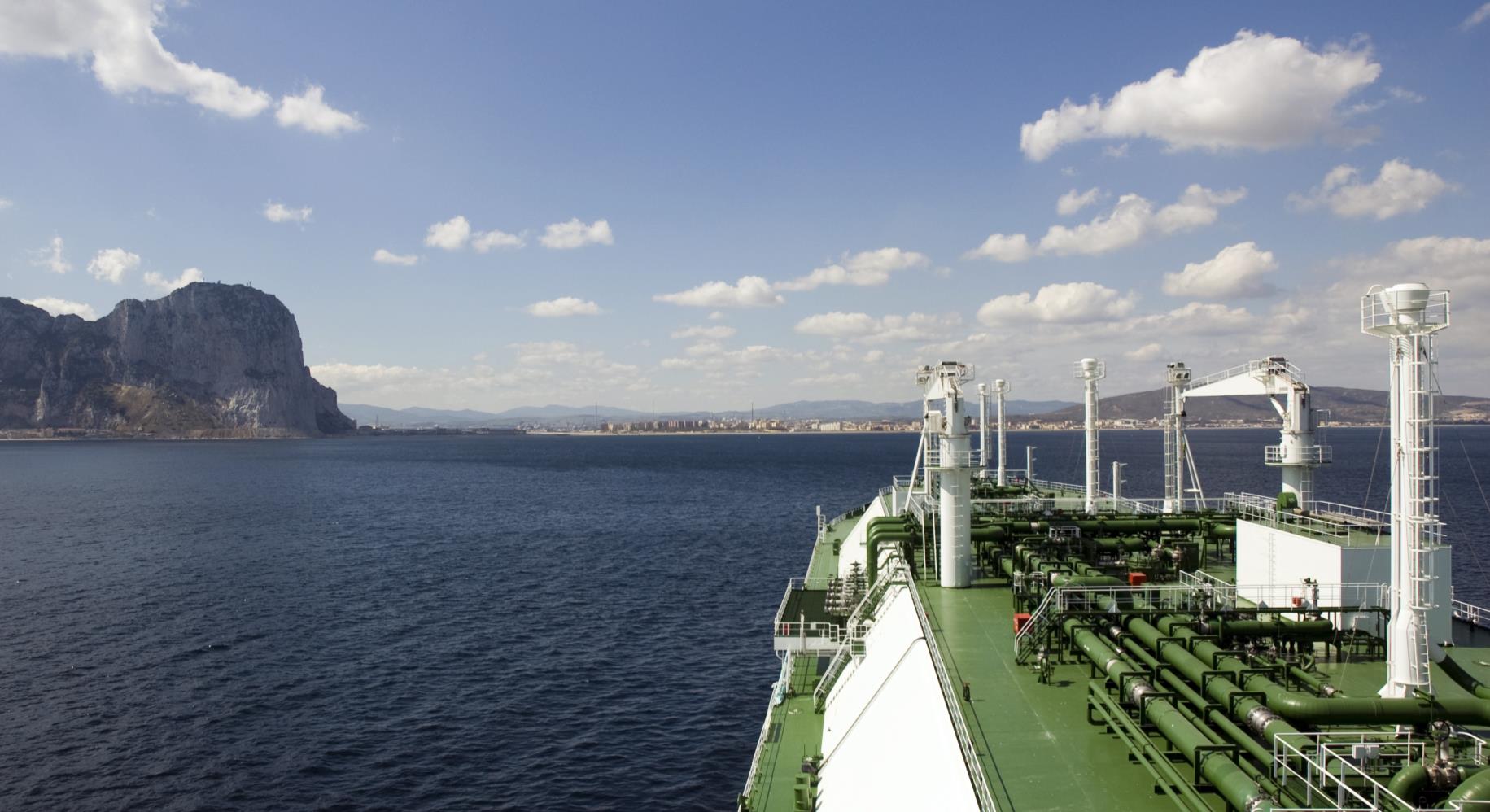Qatari LNG shipping giant Nakilat said both its net profit and revenue rose in the first quarter of this year.
The firm reported a net profit of about 420 million riyals ($115.3 million) for the January-March period, a rise of 6.1 percent compared to 396 million riyals in the first quarter last year.
According to Nakilat, net profit in the first quarter was driven by higher revenues and lower expenses.
Total revenue increased by 1.2 percent year-on-year to 1.13 billion riyals ($310.3 million) mainly due to increase in LNG revenue and higher interest income, it said.
Nakilat said that its expenses dropped by 1.4 percent to 714 million riyals in the first quarter due to lower finance charges.
The LNG shipping firm reported a net profit of about 1.56 billion riyals for the year ended December 31, 2023, a rise of 8.3 percent compared to 1.44 billion riyals in 2022.

Huge fleet
Nakilat’s fleet currently includes 24 conventional LNG carriers, 31 Q-Flex vessels (210,000-217,000 cbm), 14 Q-Max vessels (263,000-266,000 cbm), and also one FSRU.
In January, Nakilat placed orders worth about $955 million with South Korea’s Hyundai Samho for the construction of two LNG tankers and four LPG/ammonia carriers.
Upon delivery of the two new LNG carriers, Nakilat’s LNG fleet will expand to 71 vessels, while the LPG fleet will grow to eight vessels.
In addition to these vessels, Nakilat recently signed time charter agreements with QatarEnergy for 25 conventional-size LNG carriers as part of the second phase of its massive shipbuilding program.
Seventeen of the 25 LNG vessels are being constructed at the Hyundai Heavy Industries (HHI) shipyards in South Korea, while the remaining eight are being constructed at Hanwha Ocean, formerly Daewoo Shipbuilding & Marine Engineering.
Including these vessels, Nakilat’s fleet will rise to 96 LNG carriers.
Last month, LNG Prime reported, citing sources, that QatarEnergy has selected shipowners to own and operate 18 Q-Max LNG carriers as part of its massive shipbuilding program.
QatarEnergy has selected compatriot Nakilat to own and operate nine of these vessels, according to the sources.
QatarEnergy has not yet confirmed this move.

